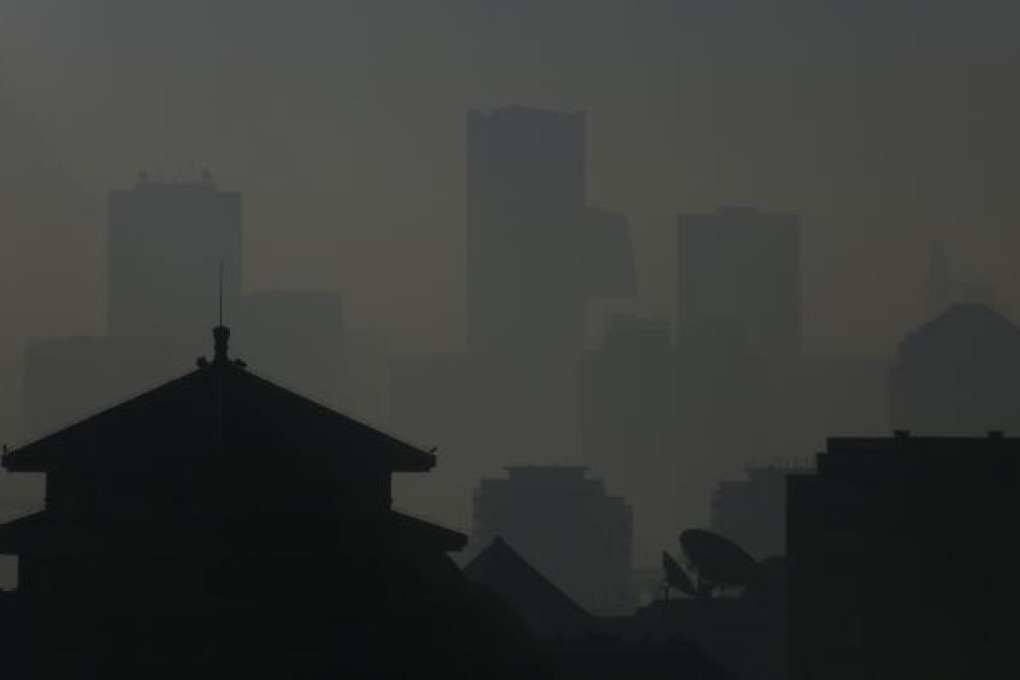To protect China's environment, make its courts independent
Dennis Kwok says environment can’t improve if laws are not enforced

I was recently invited to give a lecture at the Wuhan University School of Law on the topic of environmental protection laws and the judicial system in Hong Kong. On a cold morning, I took an early train from Shenzhen to Wuhan on the high-speed rail line. Looking out of the window, I saw the scenery submerged in a grey haze, which deepened as we travelled north.
It turned out that the air pollution level in northern China that weekend broke a few records, with Beijing recording some of its highest readings ever.
In the 1980s, the central government introduced a series of laws to protect and improve the ecological and living environment. Yet, more than two decades after the laws to curb air, sea and farmland pollution were enacted, human activities continue to damage the environment on a daily basis. How is it that these laws are no more than paper tigers ignored by local officials?
Until a few years ago, the authority responsible for the implementation of these laws, the State Environmental Protection Administration (Sepa), was only one of about a dozen institutions under the State Council, and thus enjoyed far less power than cabinet-level ministries. It was not until after Sepa became the Ministry of Environmental Protection in 2008 that the enforcement of environmental laws improved.
In theory, Chinese citizens can initiate public-interest litigation when the relevant enforcement authorities fail or choose not to enforce the law. But mainland courts frequently put "national interest" above that of "public interest" or personal rights. Instances of a citizen succeeding in defending his personal rights against national interests are few and far between.
After delivering my lecture, a student handed me a copy of the Southern Weekly, whose editorial board had just survived a political storm over censorship. Its legal section carried a feature that caught my attention. In 2011, a chemical plant in Yunnan illegally dumped 5,000 tonnes of chromium dregs into the Nanpan River. A group of environmental advocacy groups jointly filed a public interest lawsuit against the company last year, and are poised to become the first NGOs to have successfully compelled, through legal means, a polluter to admit and agree to take on legal and economic responsibilities.